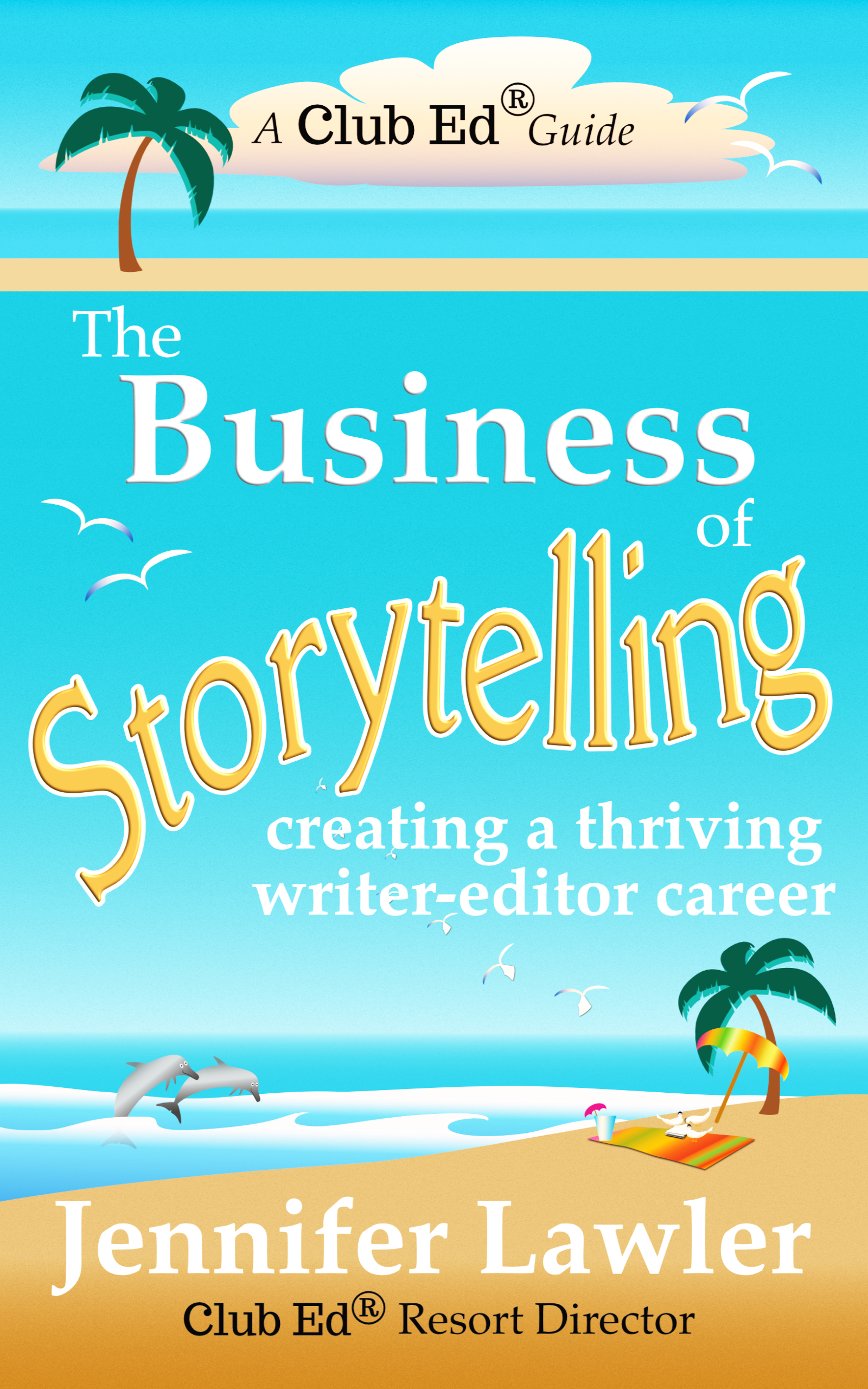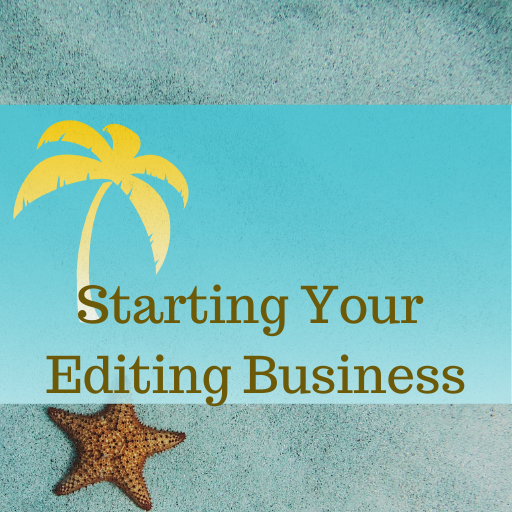How to Price Services for Freelance Editors
Attention freelance editors: When considering how to price services, avoid undervaluing your work in an attempt to stay competitive. This approach can lead to exhaustion and potentially compromise the quality of your output.
How to Price Services
My hair stylist moved to Indiana. I only found this out when I called to make an appointment. Let me tell you, I had questions. (I didn’t ask them because it’s none of my business, but I had them.)
Anyway, that led me down a rabbit hole of Googling “hair stylists near me,” which segued into “read a Reddit about Supercuts versus high-end salons” and an argument that stylists all have the same skills so a pricier haircut isn’t better than an inexpensive one.

Good Work Takes Time
Then, an actual working stylist came on the thread and said, “Consider the difference between having to do four haircuts an hour and two haircuts an hour to earn the same income. Which is more likely to lead to a better cut?”
It is very hard to do a good job cutting someone’s hair in less than fifteen minutes (because there also has to be time to call people over to the chair, take their money, and so on). This is true even if the stylist is skilled and has lots of experience.
I mean, in fifteen minutes, I’ve barely gotten my butt adjusted in the seat and the cape on.
Of course, I’m making a connection with freelance editing. Newer editors are often concerned about pricing their work too high, but just as Supercuts ($30/cut) and Nine Zero One (starts at $225/cut) exist in the same universe, so too can lower- and higher-priced editors.
Notice how Nine Zero One charges nearly ten times (and gets it!) what Supercuts charges. They are offering different experiences.
I’m not dogging on Supercuts; my daughter just got a super cute cut from the one down the street from us. But it was a very simple cut, just a trim, and she didn’t expect anything other than her hair to look a little neater when she was done. That’s what she got. She doesn’t even remember the name of the person who cut her hair.
My point is this: If you would like to gross, say, $50,000 a year from editing and charge $500 an edit, then you have to edit one hundred manuscripts a year. A full-time year at forty hours a week is two thousand hours of work. (Assuming you take two weeks off each year, and you’ll need them at this pace.)
That means you can only spend twenty hours on each manuscript – you’d have to edit two manuscripts a week, plus all of the marketing required to get the work in, plus all of the admin work, such as invoicing and paying taxes. And that $50,000 a year is not the same as what a staffer makes because you aren’t getting benefits like health insurance, paid time off, sick leave, paid national holidays, and so on. And I’m assuming that in your work year, you only have those two weeks off. You never ever have an unexpected cold or have to take a Friday off to visit your ailing mother or go to the dentist.
Can you really do good work when, realistically (after marketing, admin, etc.), you have twelve or fifteen hours to edit an 80,000-word manuscript?
Trying to do too much to remain “competitive” is a sure road to burnout, not to mention the risk of producing lower-quality work. Word-of-mouth is crucial in this business, so you need to maintain a good reputation. Charge a little more and give yourself a break.
Tips for Editors & Writers
The Fine Art of Copyediting Fiction
When copyediting fiction, it’s common to run up against issues that pit author preference against standard editing approaches. For example, in a story I wrote some years ago, the main character’s neighbor is referred to as “3-B” as that is her apartment number and the MC doesn’t know her name. Fine. She can be referred…
Let the manuscript teach you how to edit it
One of the lessons I’ve learned over many years of editing is that you have to let the manuscript teach you how to edit it. Every manuscript is different and every manuscript needs a different touch. Even when an author does something I’ve seen many times before, I have to edit for that particular manuscript,…
Helping Authors Strengthen Story Settings
The setting of a novel consists of multiple elements, big and small, that nest inside each other like those little Russian dolls. We might show this hierarchy of settings like so: If you think about it, the micro setting of “the living room of 601 San Mateo Road Apartment 16” implies the existence of all…
Join the Club!
New to story editing? Begin at the beginning.




